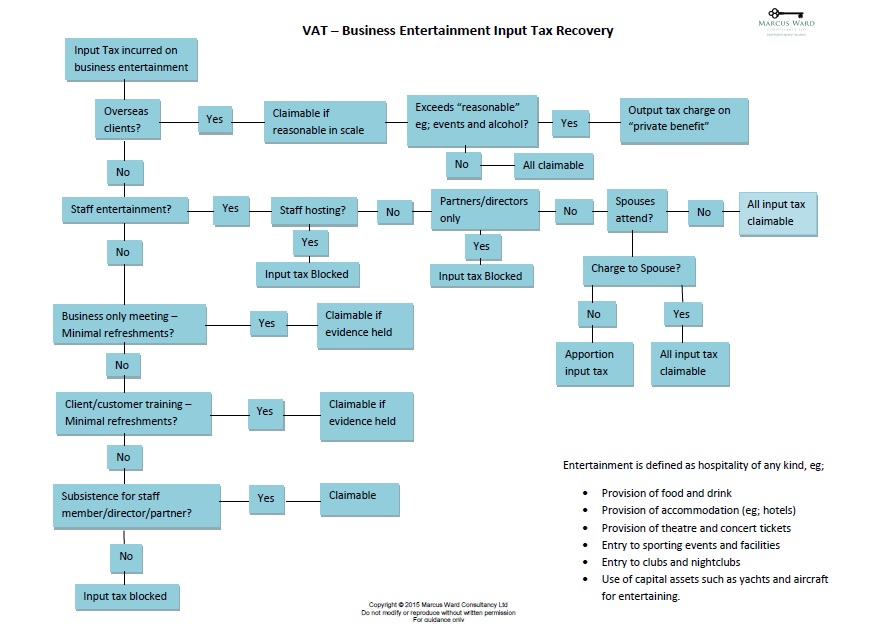VAT Basics
The VAT a business incurs on running costs is called input tax. For most businesses this is reclaimed on VAT returns from HMRC if it relates to standard rated, reduced rated, zero rated or certain outside the scope sales that a business makes.
However, a business which makes exempt sales may not be in a position to recover all of the input tax which it incurred. This is because input tax which relates to exempt supplies is generally irrecoverable.
This may affect any business which is involved in:
- Property letting and sales – generally all types of supply of land
- Financial services
- Insurance
- Betting, gaming and lotteries
- Education
- Health and welfare
- Sport, sports competitions and physical education
- Cultural services
(This list is not exhaustive)
A business in this position is called partly exempt. (If a business is fully exempt, it can neither VAT register nor recover any VAT at all). Input tax which directly relates to exempt supplies is irrecoverable. In addition, an element of that business’ general overheads, eg; light, heat, telephone, computers, professional fees, etc are deemed to be, in part, attributable to exempt supplies and a calculation must be performed to establish the element which falls to be irrecoverable. Such apportionment is called a partial exemption standard method. There are a number of alternative methods that may be used (so called “special methods”) but these must be agreed with HMRC.
De Minimis
There is, however, a relief available for a business in the form of de minimis limits. Broadly, if the total of the irrecoverable directly attributable (to exempt suppliers) and the element of overhead input tax which has been established using a partial exemption method falls below de minimis, all of that input tax may be recovered in the normal way.
The de minimis limit is currently £7,500 per annum of input tax. As a result, after carrying out the partial exemption method should the result fall below £7,500 and half of the total input tax for a year it is recoverable in full. This calculation is required on a quarterly basis (for businesses which render returns on a quarterly basis) with a review of the year, called an annual adjustment carried out at the end of a business’ partial exemption year. The quarterly

